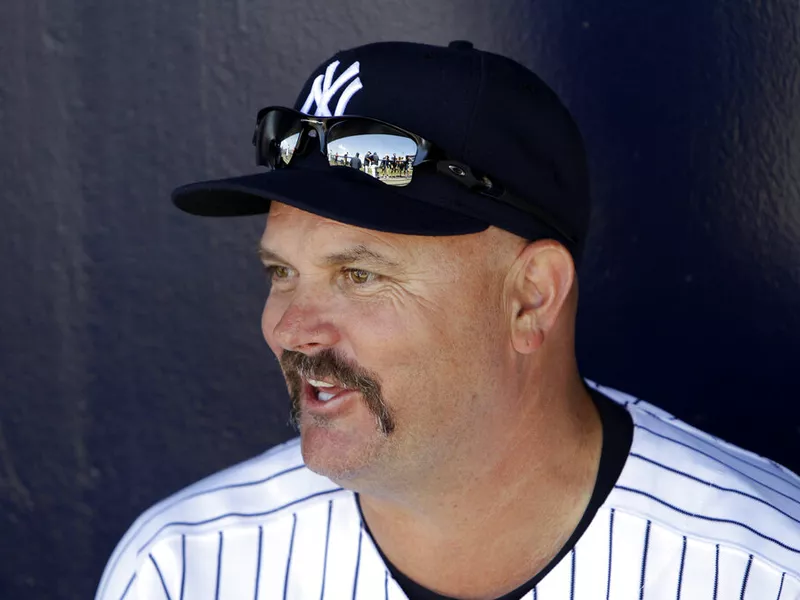A great team can’t have enough dependable players, so we’ve added a new metric for this list of the best postseason pitchers. It’s called Championship Win Probability Added (CWPA), which measures the impact of a player on his team’s chances to win a World Series championship. We’re not too hung up on metrics, though, so we’ll stop there. Our methodology includes the old reliables — the eye test, career postseason statistics, all-time rankings and World Series titles.
To be eligible, starters had to pitch a minimum of 75 innings in the post-expansion era or 50 in pre-expansion times — but we haven’t forgotten you, Harry Brecheen, Bruce Kison, Tim Lincecum, Mickey Lolich and Monte Pearson. Relievers were required to pitch at least 30 innings.
Also, candidates had to have at least one World Series ring, but it couldn’t be stolen, borrowed or bought. With all this in mind, here are the greatest postseason pitchers in MLB history.
36. David Wells

Charlie Neibergall / AP
Career: 16 seasons (2005-20)
Teams: Toronto Blue Jays (1987-92, 1992-2000), (1993-95), Cincinnati Reds (1995), Baltimore Orioles (1996), New York Yankees (1997-98, 2002-03), Chicago White Sox (2001), San Diego Padres (2004), Boston Red Sox (2005-2006), Los Angeles Dodgers (2006-07)
World Series championships: 2 (1992, 1998)
Postseason statistics: 27/10-5/3.17/0
Win probability: 1.59